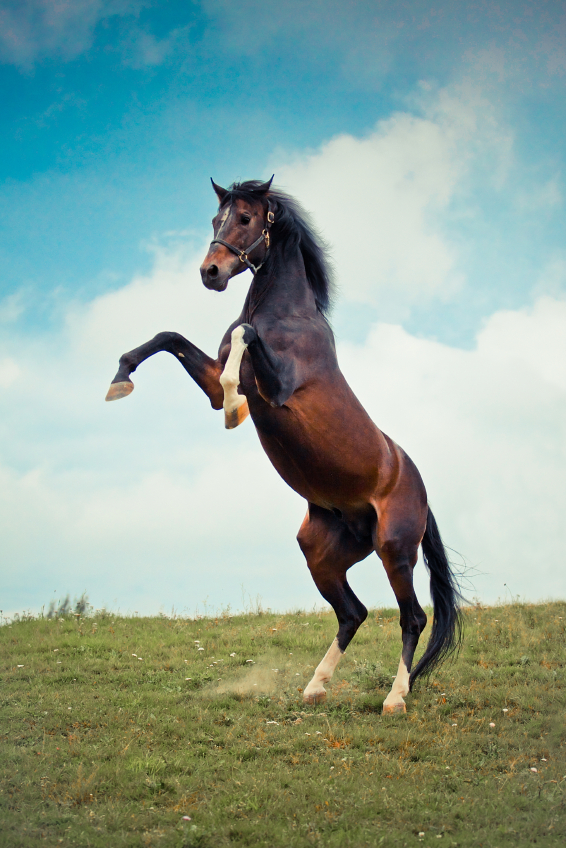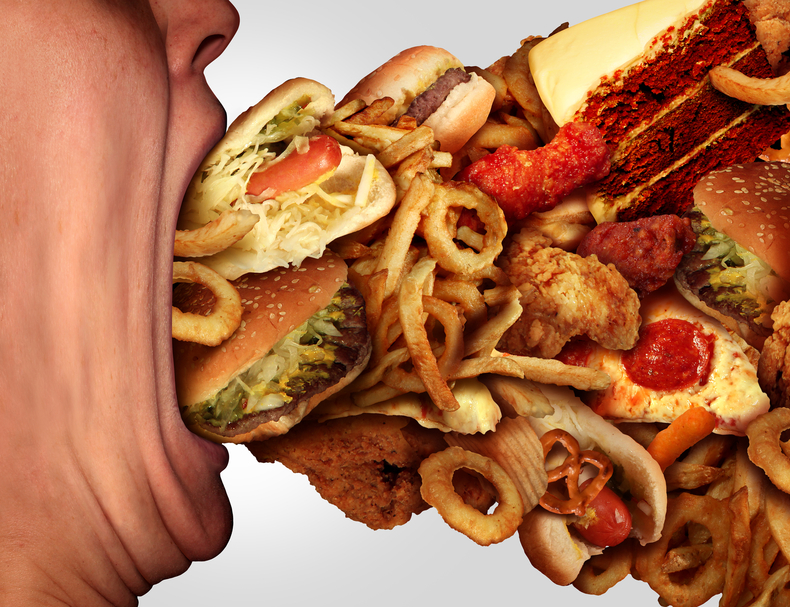horn
(noun, verb)
/hɔrn/
 LISTEN
LISTEN


Horns in an orchestra
A horn is one of the bony, pointed growths on the head of certain animals, like goats or antelopes, or the similar single bone growing on animals, like rhinoceroses. A horn is also the substance that such animal growths are made of and a similar substance that forms tortoise shells and nails. Additionally, a horn is a musical instrument originally formed from the hollow, or empty, horn of an animal, but it now is usually made of brass or another metal. A trumpet is sometimes called a horn colloquially. A horn is also an instrument for sounding a warning signal. As a verb, to horn means ‘to strike with the horns.’
Example sentences
- The goat had large horns.
- Poachers hunt rhinoceroses for their horns.
- The comb was made from horn.
- That musician plays the horn.
- Eugene honked his car horn angrily when the other driver pulled out of a junction in front of him. (If you honk a horn, it means that you make a sound with a horn.)
- The bull horned the matador.
Words often used with horn
blow (or toot) your own horn: boast about yourself. Example: “Well, I don’t like to blow my own horn, but I am a really great pianist.”
on the horns of a dilemma: having to make a difficult choice between two options. Example: “Jane’s been offered a great new job, but it means moving to a new city away from all her family and friends, so she finds herself on the horns of a dilemma.”
pull in your horns: become less belligerent or more restrained. Example: “When he was young, he was pretty wild, but he’s pulled in his horns since he got married and had kids.”
lock horns: quarrel or disagree. Example: “I’m always locking horns with the kids about household chores.”
horn in, horn in on something: intrude, interrupt. Example: “My roommate is so nosy; he’s always horning in on my conversations with friends.”
Additional information
In the village of Abbots Bromley in England, some of the villagers perform a dance, known as the Abbots Bromley Horn Dance, on Wakes Monday (the first Monday after the 4th of September) every year. The tradition dates back to the Middle Ages and the dancers wear reindeer horns. They collect the horns from the village church in the morning and spend all day performing the dance at various locations in the village. You can see the horn dance here:
Did you know?
A man whose wife has been unfaithful to him is known as a cuckold. Sometimes people say such a man is wearing the horns of a cuckold, which is a reference to the mating habits of stags who lose their mates when they are defeated by another male.
The related adjective horny can describe something that has horns, but it is also an informal and somewhat vulgar way to say ‘sexually aroused.’
Other forms
horned (adjective)
Origin
Horn dates back to before the year 900. The Old English noun horn, and later the Middle English noun horn(e), meaning ‘the horn of an animal,’ but also, figuratively, ‘pinnacle or projection,’ can be traced back to the Proto-Germanic noun hurnaz, which is also the origin of the Dutch horen, the Old Norse, Danish and Swedish horn, the German Horn, and the Gothic haurn. In fact, it can be traced even further back, to the Proto-Indo-European root ker-, which meant ‘horn, head, or uppermost part of the body.’ The Greek karnon and the Latin cornu, which both meant ‘horn,’ came from the same root, so horn is also related, more distantly, to the Irish and Welsh corn and the Spanish cuerno, among many others.
Word of the Day is released Monday through Friday.



